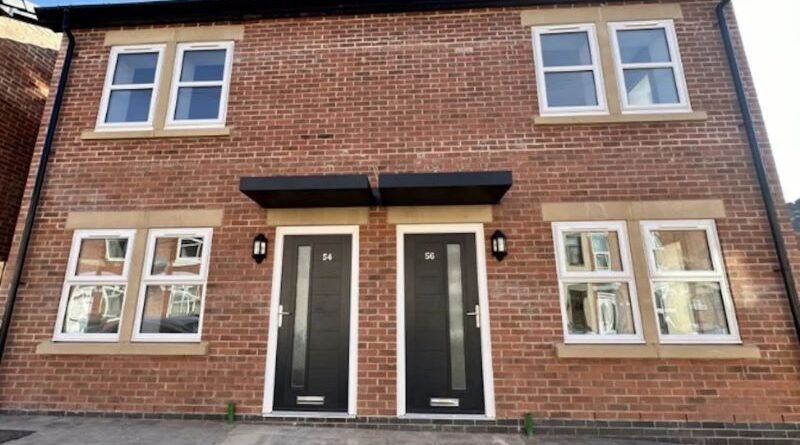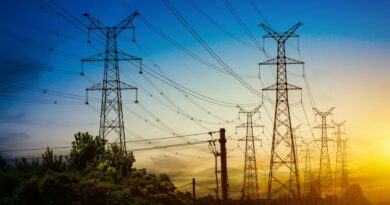City completes construction on world’s first set of carbon-negative houses: ‘A monumental achievement’
The construction of four carbon-negative homes in Derby, England, has been hailed as a “monumental achievement,” demonstrating what can be achieved with renewable technologies.
The two-bedroom homes have been rented to tenants by the local council, and the properties utilize solar panels and an air source heat pump to reduce reliance on the energy grid — saving households money on utility bills in the process.
The properties, which are also well-insulated, could be a model for other councils across the country to provide eco-friendly housing for local families.
According to the BBC, the homes have been given an “A” rating for energy efficiency, while they also produce -0.5 tonnes (less than half a ton) of carbon dioxide — a potent planet-warming gas.
“To be building net-zero council houses is a monumental achievement and one the people of Derby should be so proud of,” councilor Carmel Swan said.
Jsan Shepherd, the chair of Derby Homes, said the intention wasn’t necessarily to build a carbon-negative home, and the goal was merely to deliver well-built properties that take advantage of energy-efficient technology. That they achieved such a remarkable status is just a bonus.
“I’m incredibly proud to be part of these innovative, forward-thinking projects and I’m excited to see how this changes the landscape of social housing for the better,” Shepherd told the BBC.
While it’s encouraging to see local councils taking positive steps to build more sustainable homes, it’s possible to retroactively make changes to a home to reduce its environmental impact.
Adding solar panels or joining a community solar scheme can slash energy bills and reduce reliance on coal-fired power plants for energy. Air or ground source heat pumps, meanwhile, don’t rely on polluting and costly gas to heat or cool a home.
If you want an easy, no-cost way to save more money on energy bills, scout your home for energy vampires — or electronic items that consume power even when not in use — and unplug them at night.
Source : yahoo.com




